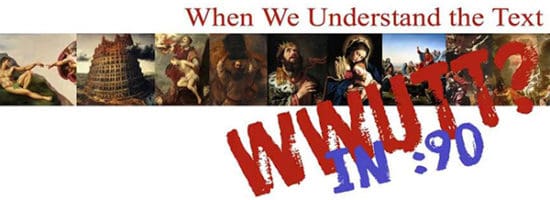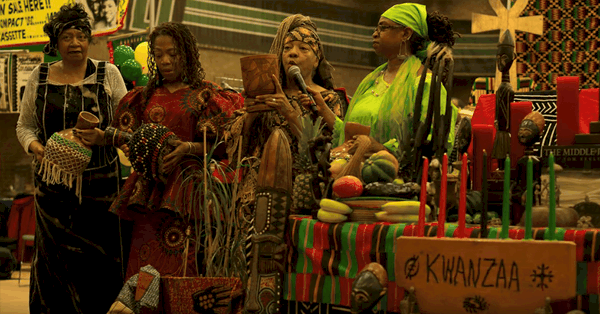
Kwanzaa is a week-long African-American holiday celebrated from December 26 -January 1, created in 1966 by Dr. Maulana Karenga (born Ronald Everett), a professor of African American studies at California State University, Long Beach. His original intention was to provide and alternative to Christmas, and “give blacks an opportunity to celebrate themselves and their history, rather than simply imitate the practice of the dominant society.” Karenga is a secular humanist.
The holiday draws from African rituals and black national ideology to create the seven principles of Kwanzaa called the Nguzo Saba.
- Umoja: national and racial unity
- Kujichagulia: self-determination
- Ujima: community responsibility
- Nia: restoring our own purpose
- Kuumba: creative beautifcation
- Imani: faith in humanity
Among these principles are racial and national unity, self-determination, and faith in humanity. Decorations feature colorful art and foods that represent African idealism. Ceremonies include showing gratitude to ancestors, drink offerings and feasts, and reading the African pledge and principles of blackness.
Kwanzaa is a celebration of humanism in which human fulfillment and values are the focus.
This mindset is of the flesh and hostile toward God.
For the mind that is set on the flesh is hostile to God, for it cannot submit to god’s law; indeed, it cannot. Those who are in the flesh can’t please God. (Romans 8:7-8)
You adulterous people! Do you not know that friendship with the world is enmity with God? Therefore whoever wishes to be a friend of the world makes himself an enemy of God. (James 4:4)
The seven principles teach that people can improve their lives by sheer will and self-determination.
For the holiday’s founder, Maulana Karenga, apparently that means abusing drugs and women.
Humanistic traditions never unify.
Jeremiah 17:5 says,
Thus says the Lord: “Cursed is the man who trusts in man and makes flesh his strength, whose heart turns away from the Lord.”
Titus 3:3 explains that before coming to Christ, we were enslaved to our passions and pleasures, full of malice and envy, hated by others and hating one another.
For we ourselves were once foolish, disobedient, led astray, slaves to various passions and pleasures, passing our days in malice and envy, hated by others and hating one another. But when the goodness and loving kindness of our Savior appeared, He saved us, not because of works done by us in righteousness, but according to His own mercy… (Titus 3:3-5)
It is God alone who saves us, not because of works done by us in righteousness, but according to His own mercy.
Peter explains that in Christ we’re a chosen race… a holy nation, a people for His own possession… Apart from Christ, we’re not a people in Christ, we are God’s people. (1 Peter 2:9-10)
So then, brothers, stand firm and hold to the traditions that you were taught by us… (2 Thessalonians 2:15)
It is only Jesus Christ who gives unity, not a man-centered holiday. We must stand firm and hold to the traditions that we are taught by the Word of God… when we understand the text.
(This video is by WWUTT. Discovered by e2 media network and our community — copyright is owned by the publisher, not e2 media network.)